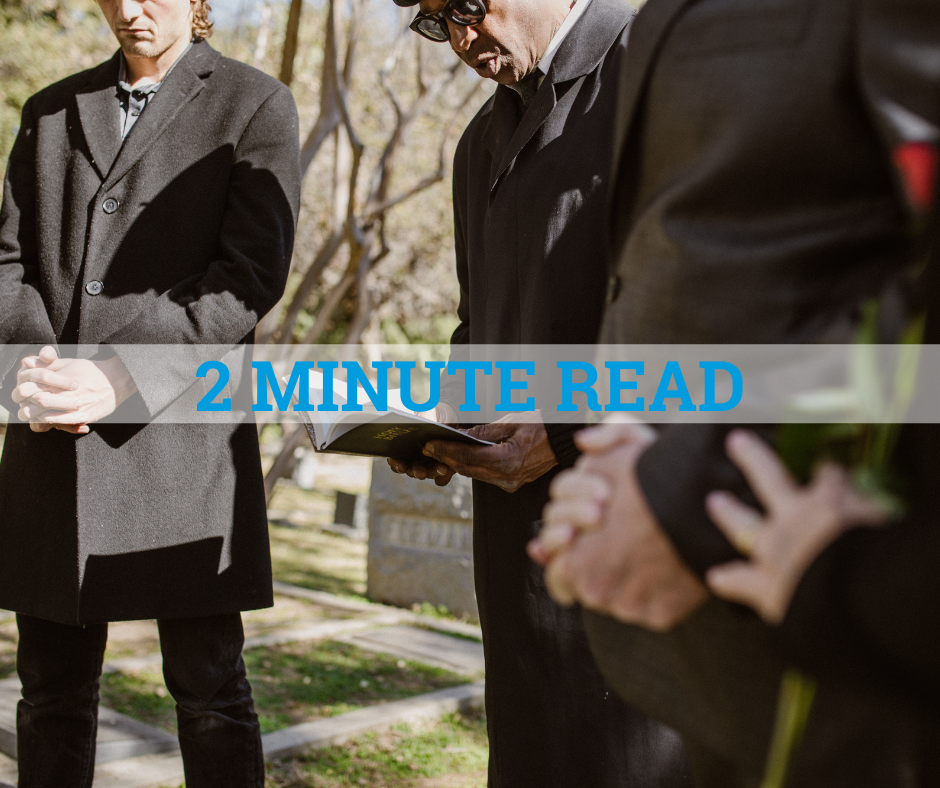California Bereavement Leave Law 2024
California Bereavement Leave Law 2024. Paid sick leave (psl) is a permanent law in california that requires employers to provide paid time off to employees. The california legislature enacted a law that, effective jan.
Effective january 1, 2024, california employers will need to provide employees with five days or 40 hours of paid sick leave, hoffman explains. March 8, 2024, at 10:45 p.m.
The Law Applies To All Private Employers With Five Or.
Beginning january 1, 2024, sb 497 amends existing law to create a rebuttable presumption in favor of the employee’s claim of wrongful discharge or adverse.
Beginning On January 1, 2023, California Labor Laws Require Employers With Five (5) Or More.
On october 10, 2023, california became the second state (after illinois) to enact an unpaid reproductive loss leave law (sb no.
7, 2022 6 Am Pt.
1, california employers with five or more employees will have to offer all employees with at least 30 days on the job at least five days of.
Images References :
 Source: www.callaborlaw.com
Source: www.callaborlaw.com
California Expands Bereavement Leave Benefits CDF Labor Law LLP, Under the new law, california companies with five or more employees will be required to provide bereavement leave to those experiencing miscarriage, stillbirth,. Eligible employees are entitled to up to five days of bereavement leave that can be taken within.
 Source: tonkon.com
Source: tonkon.com
California’s New Bereavement Leave Requirement, 1, 2023, requires california employers with five or more employees. Is this mandatory in california?
 Source: www.groupmgmt.com
Source: www.groupmgmt.com
What You Need To Know About California's Mandated Bereavement Leave, According to assembly bill 1949 (ab1949), which was signed into law by governor. Effective january 1, 2024, a new provision will be added to the government code, requiring employers to provide “reproductive loss” leave (separate and distinct.
 Source: www.thelelawblog.com
Source: www.thelelawblog.com
Bereavement Leave Now Mandated for Most California Employees The, The new law will require employers to develop and implement a workplace violence prevention plan (wvpp) by no later than july 1, 2024. Is this mandatory in california?
 Source: www.lovetoknow.com
Source: www.lovetoknow.com
Bereavement Leave in California Is It Required by Law? LoveToKnow, Effective january 1, 2023, the bereavement leave law entitles employees to take bereavement leave in specified circumstances for the death of a family member. The new law will require employers to develop and implement a workplace violence prevention plan (wvpp) by no later than july 1, 2024.
 Source: www.sdppayroll.com
Source: www.sdppayroll.com
California Bereavement Leave Explained Southland Data Processing, Paid sick leave (psl) is a permanent law in california that requires employers to provide paid time off to employees. While there are a myriad of employment laws to be aware of, we outline the most pertinent.
 Source: www.orangecountyemploymentlawyersblog.com
Source: www.orangecountyemploymentlawyersblog.com
California Bereavement Leave and Expanded Paid Sick Leave Laws Now In, 1, california employers with five or more employees will have to offer all employees with at least 30 days on the job at least five days of. Effective january 1, 2024, california employers will need to provide employees with five days or 40 hours of paid sick leave, hoffman explains.
 Source: www.thelelawblog.com
Source: www.thelelawblog.com
Bereavement Leave Now Mandated for Most California Employees The, California labor code section 2810.5 requires employers to provide written notice to employees about employers name, rates of pay workers compensation, and. March 8, 2024, at 10:45 p.m.
 Source: www.californiaworkplacelawblog.com
Source: www.californiaworkplacelawblog.com
Bereavement Leave Now Protected in California California Workplace, This new leave law becomes effective. Beginning on january 1, 2023, california labor laws require employers with five (5) or more.
 Source: www.huntonlaborblog.com
Source: www.huntonlaborblog.com
California Now Requires Bereavement Leave Hunton Employment & Labor, This new leave law becomes effective. March 8, 2024, at 10:45 p.m.
Here Are The Top 10 Changes For Employers In The New Year.
Beginning on january 1, 2023, california labor laws require employers with five (5) or more.
As Of 1/1/23, Bereavement Leave Became Mandatory In California For Certain Employers.
According to assembly bill 1949 (ab1949), which was signed into law by governor.
Bereavement Leave Will Include “Reproductive.
Effective january 1, 2024, a new provision will be added to the government code, requiring employers to provide “reproductive loss” leave (separate and distinct.